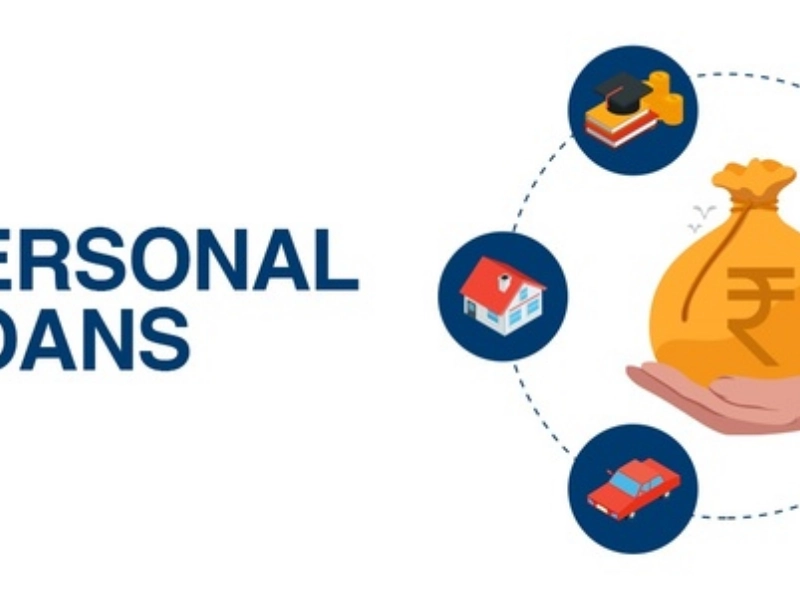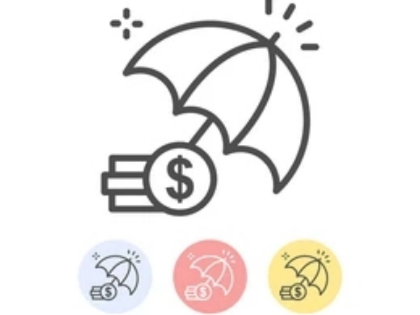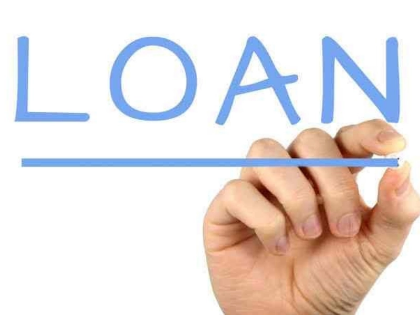Purchasing a Home While Debtor on Student Loans: Important Information
Although having student loans may make it more difficult for you to qualify for a mortgage or save for a down payment, they shouldn't completely prevent you from becoming a homeowner. You can better understand your alternatives by collaborating with a certified loan officer.
A down payment, timely debt payments, and concentrating on refinancing at a reduced interest rate can all be helpful.
Repaying Your Education Loans

Your credit score, salary, and amount of student loan debt will all be major factors in determining your mortgage eligibility. Elevated monthly student loan repayments might increase your debt-to-income (DTI) ratio, impeding your ability to get approved for a house loan. Refinancing or signing up for an income-driven repayment plan (IDR) on your federal student loans are two strategies that can help you qualify for a home even if you have student loans.
It might also be simpler to be approved for a mortgage if you have a co-signer, have saved up a bigger down payment, and have delayed buying until after you have paid off more debt. During the application process, a lender will examine your debt-to-income ratio and take into account all of your regular monthly expenses, such as your credit card and auto loan payments, as well as your new mortgage payment with taxes and homeowners insurance. Additionally, you will have to provide proof that your salary is sufficient to pay for those costs.
Purchasing real estate

For many borrowers, purchasing a home while having student loan debt may not be the best option. However, it can make sense to hold off on applying for a mortgage until after your debts are paid off if you're serious about becoming a homeowner. This allows you more time to improve your credit score, reduce your debt-to-income ratio, and accumulate savings for a down payment.
It is true that you can still be eligible for a mortgage even if you have outstanding loans, despite the fact that 51% of renters claim that their school debt prevents them from purchasing a home. Understanding how lenders assess your debt-to-income (DTI) ratio and the tactics you can employ to raise it is crucial.
Lenders take into account the amount of a borrower's monthly income that goes toward both the new mortgage payment and current debt payments. Lenders typically want a DTI ratio of no more than 43 percent. This sum will probably rise if you have student loans, but if you're frugal with your spending and compare rates, you can still purchase a home with debt.
Obtaining a Mortgage

Debt from college loans lowers your purchasing power, but it shouldn't keep you from becoming a homeowner. Your ability to finance a new house and make mortgage loan repayments will be assessed by your mortgage lender after they have reviewed your entire financial situation, including your assets and income.
During this procedure, the mortgage lender will compute a debt-to-income (DTI) ratio by comparing your gross monthly income with ongoing debt payments. This covers minimum credit card payments, student loan payments, homeowners insurance, and property taxes in addition to your mortgage payment.
Your student loan payments can be $0 if you're on an income-driven repayment plan, in which case they wouldn't be included in your DTI calculation. To show this, though, you'll need to substantiate it with your student loan statements.
In order to improve your credit score and demonstrate your financial responsibility, paying off your student loans on schedule is the best thing you can do prior to applying for a mortgage. In order to improve your chances of approval and reduce your debt-to-income ratio, you should also save more money for a larger down payment.
Obtaining Prior Approval

Many individuals question if it will be feasible to buy a home in an era where student loan debt has almost become synonymous with higher education. There are ways to lessen the burden of student loans, even if they can damage your debt-to-income ratio and make it harder for you to qualify for a mortgage.
For example, if you can provide proof of your reduced monthly payment and are on an income-driven repayment plan, lenders may choose to completely overlook the debt throughout the mortgage qualification process. Furthermore, it may also enhance your eligibility for a mortgage if you are able to lower the overall amount of your student loan debt through forgiveness or other methods.
Debt from student loans may ultimately not prevent you from purchasing a home, but it may complicate the process compared to a debt-free scenario. Before determining if homeownership is the correct choice for you, make sure to evaluate your priorities and finances.










